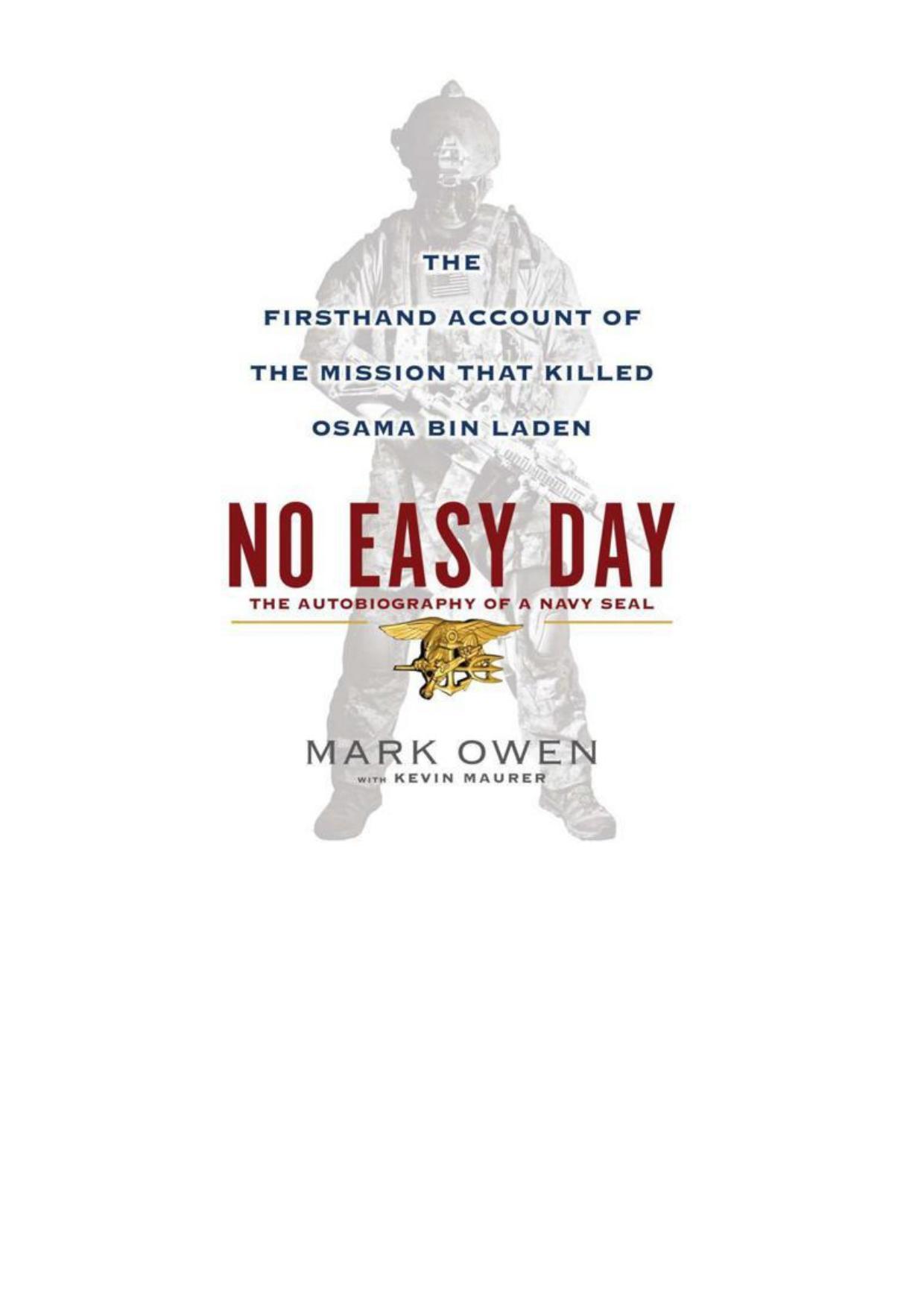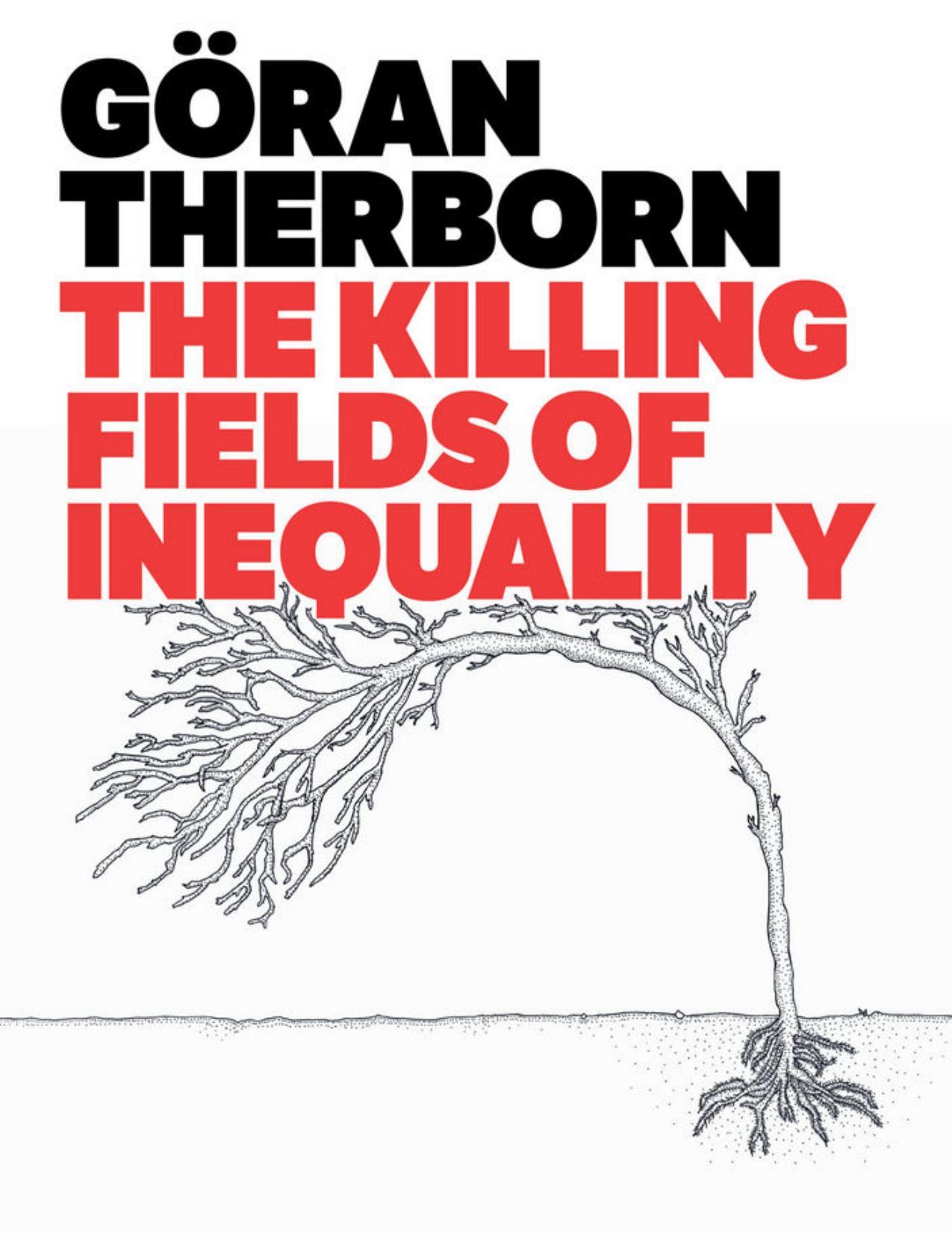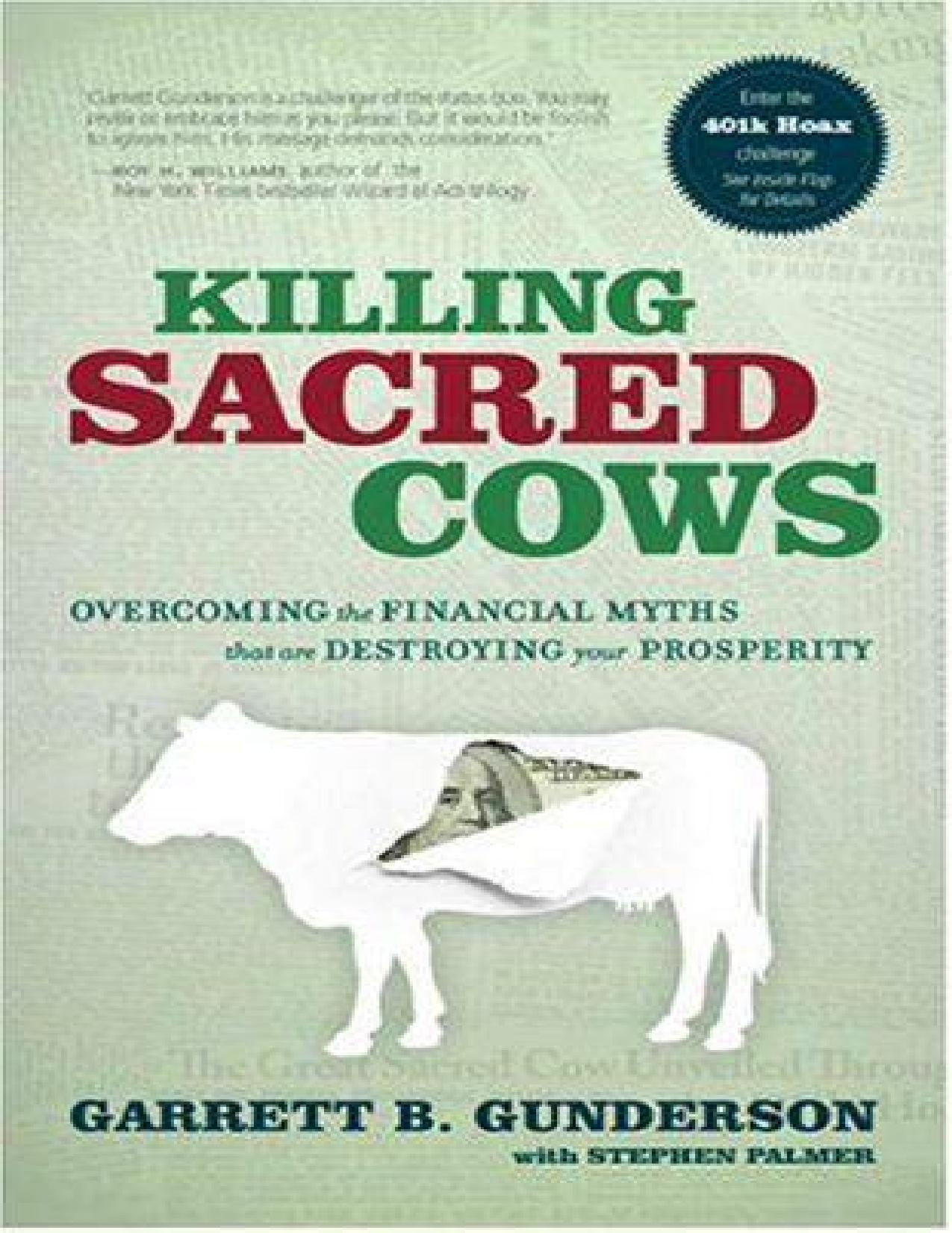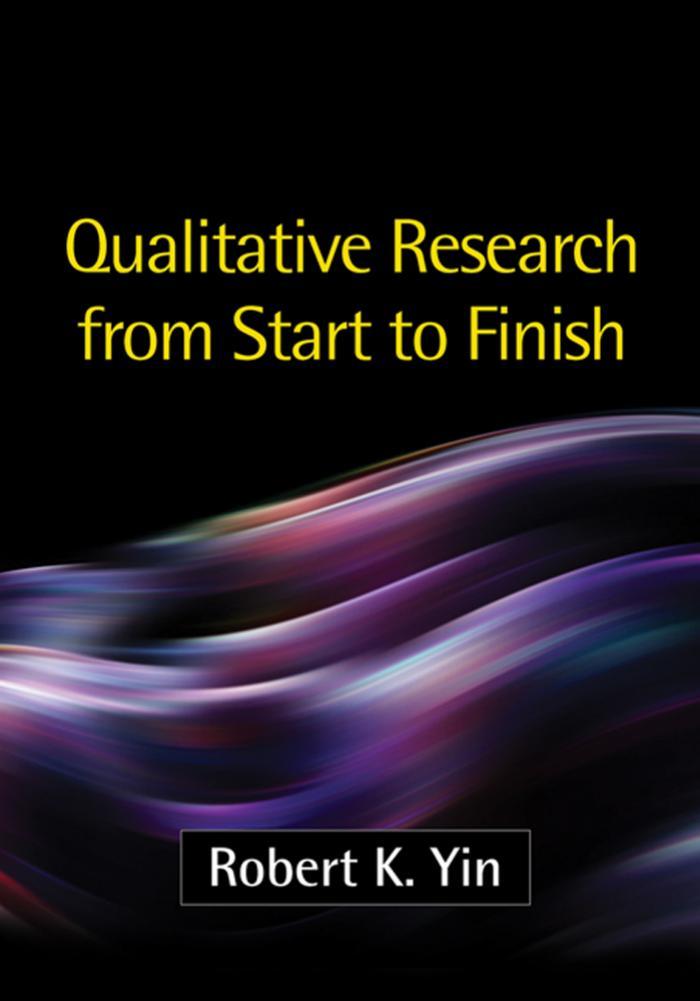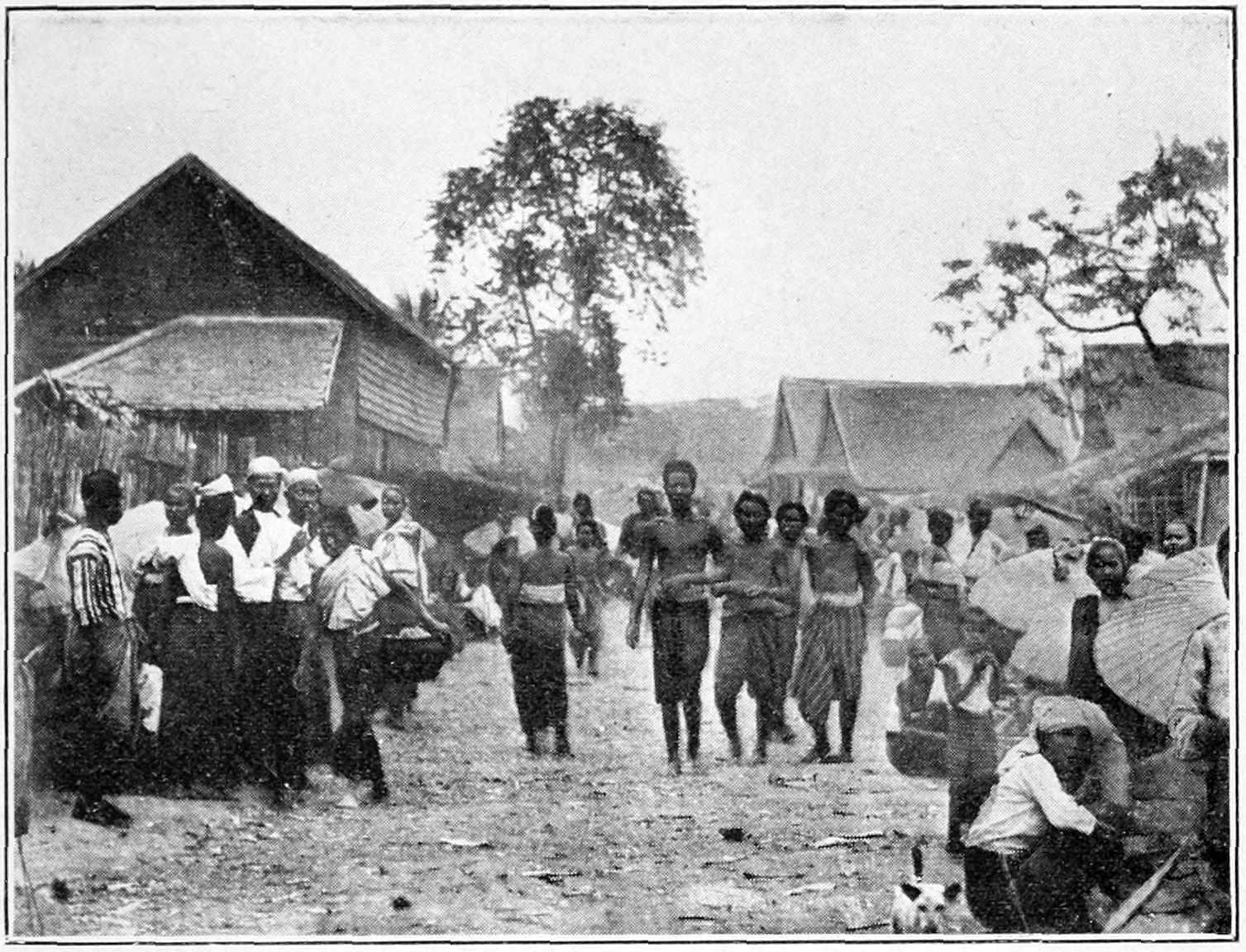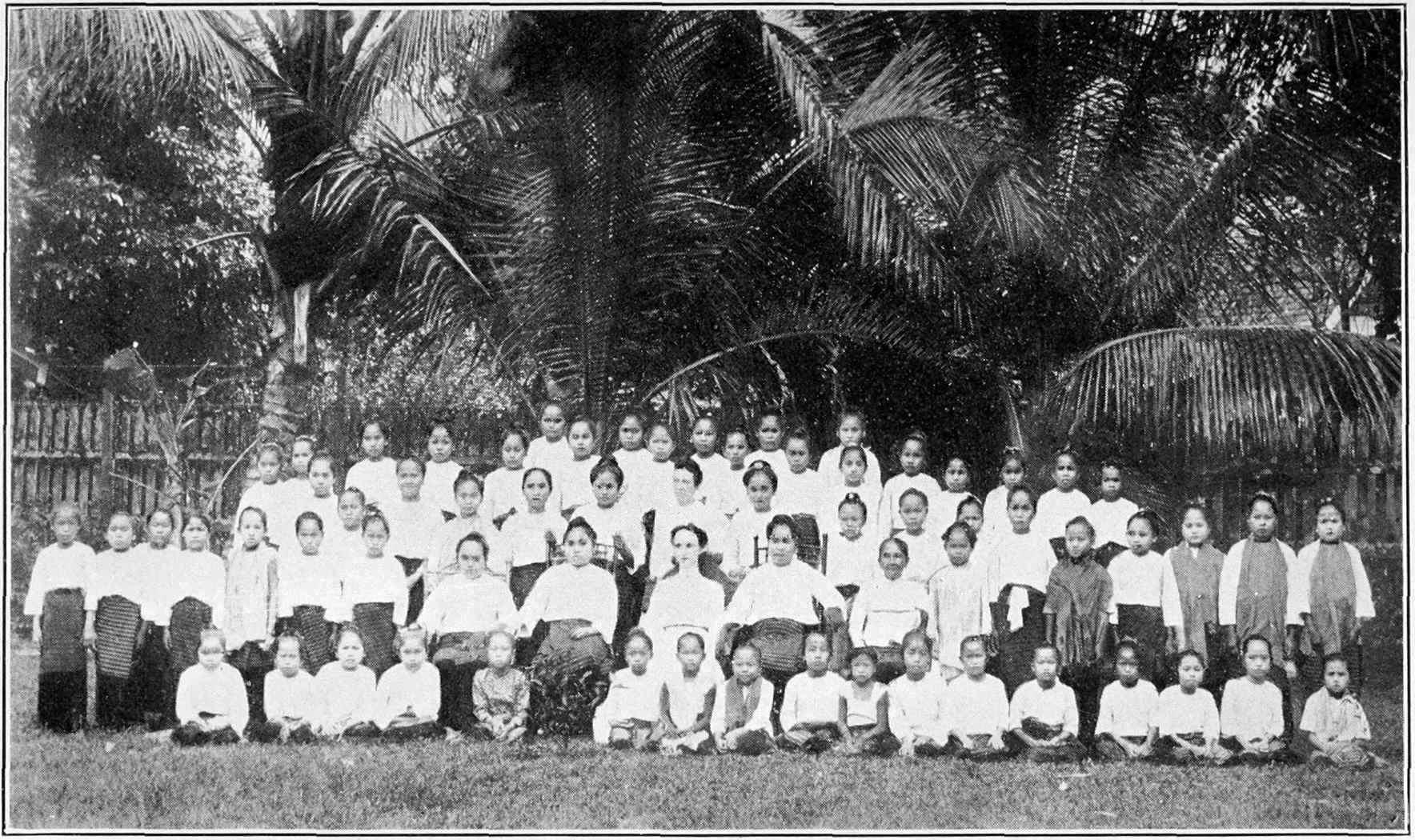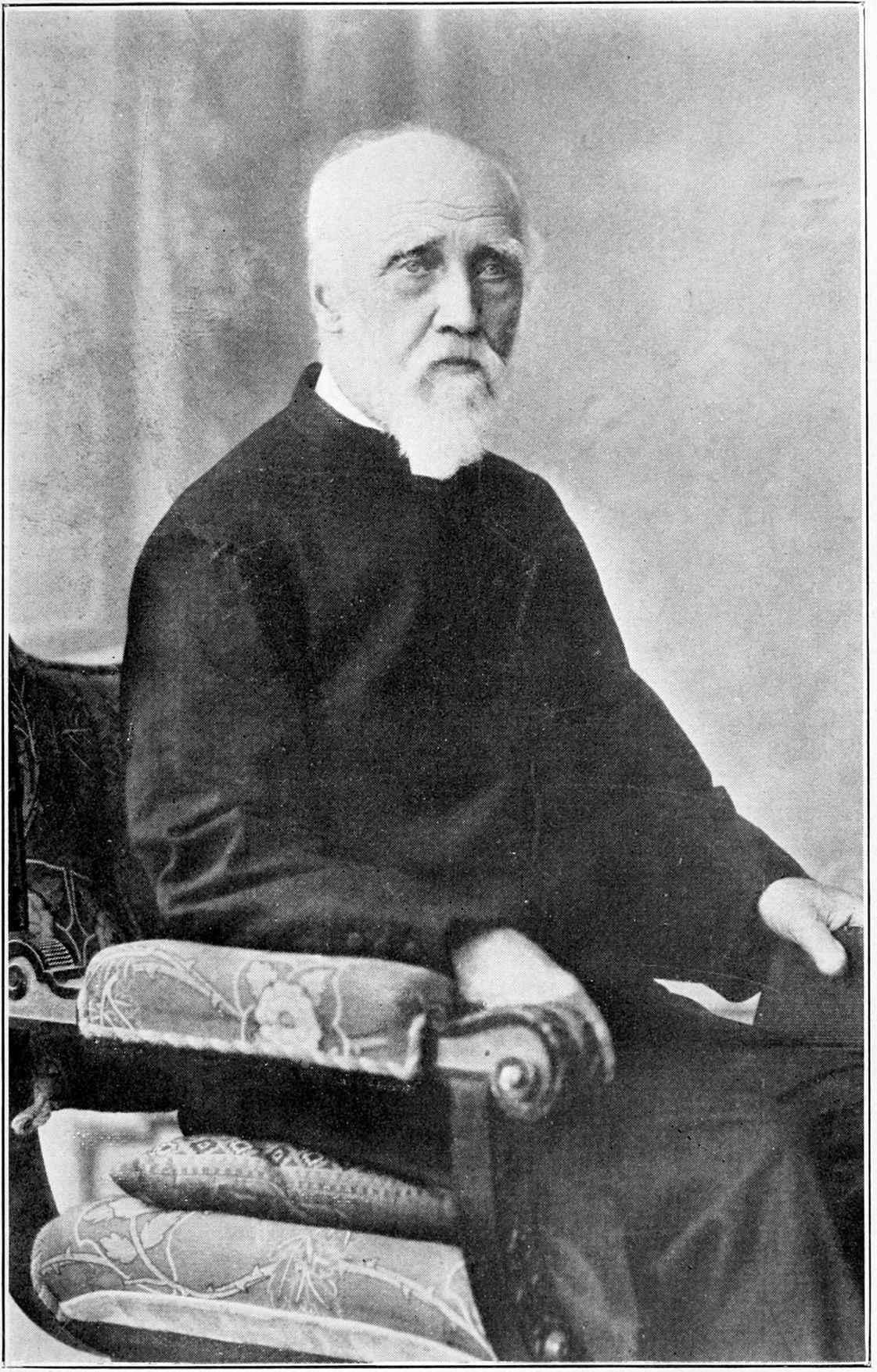XXIV
STRUGGLE WITH THE POWERS OF DARKNESS
The belief in witchcraft was still prevalent everywhere, and this year brought us striking illustrations of its cruel power. An elderly man with his wife and family, living in one of the outlying villages, was accused of witchcraft. The pair of elephants which he owned and used had belonged to a man suspected of harbouring a malicious spirit; and it was thought that the demon had followed these elephants into the family of their new master. The family was promptly ostracized; but by driving off her husband with his elephants, the wife might avoid expulsion, and might save for herself and her daughters the comfortable home. I endeavoured in vain to prevent this outcome. “I am much more afraid of the spirits,” said the wife, “than of bears and tigers.” The husband could no longer face the universal odium which he encountered, and so was driven forth. But the spirits served the old man a good turn—they drove him into the Christian religion, which he lives to adorn, and they gave him two good elephants. The family afterwards applied for one of them. As a matter of equity he gave up one, and lived comfortably with a Christian son on the proceeds of the sale of the other.
Then there was a great epidemic of fever in Bān Pên in the neighbouring province of Lampūn. Few homes were left without sad hearts and vacant places through the death of one or more members. The destroyer must be some demon which had taken up its abode in a human habitation, and was preying on the inhabitants
of the village. The family of one of the most prosperous men in the village was finally selected as the one which must be the abode of the destroyer. As they could hardly decide in which particular member of it the demon resided, they regarded all with equal suspicion, and proceeded to wreak their vengeance to the uttermost upon them all.
First, according to the usual custom, anonymous letters were dropped at the gate, warning the family to flee, or dire would be the consequences. When threats failed, armed with an order from the court, the whole village appeared on the scene and compelled the family to flee for their lives. No sooner were they out of the way than their two large teak dwelling-houses, with rice-bins, outhouses, etc., were torn down and scattered piecemeal over the lot. Not even a tree or shrub was left on the place. To gain a breathing-spell, the family moved into a bamboo shed hastily extemporized on the banks of the Mê Ping, some two miles distant from what had been their home. By some accident they were directed to our mission. They had learned that the King’s edict protected the Christians, and, above all, that the Christian religion protected them from all fear of evil spirits. And so they came to see if it were true, and if there were any refuge for them.
Whatever was to be done for them in the way of earthly succor, must evidently be done quickly. Their neighbours in their temporary refuge would doubtless soon drive them away again. At the earnest entreaty of the man I took one of the elders, and went down to look into the case for myself. It was heart-rending. Whatever they had been able to snatch from the wreck of a well-to-do home—beds, bedding, furniture, kitchen utensils—was heaped up in a pile that covered the whole floor-space of their shack. The greatgrandmother, helpless in her dotage, and the little children, were lying here and there wherever a smoother spot could be found. Their case seemed almost hopeless as far as human aid was concerned. Nān Chaiwana had himself appealed for aid both to the court and to the governor, and had been told that there was nothing they could do for him. The court was committed against him. The
governor, however, was personally friendly to us, and had shown no ill will towards the man. It was barely possible that something might be accomplished there. We all had worship together amid the confusion of their hut—the first Christian service they had ever attended. They assured us of their joyful acceptance of the Gospel, and pledged obedience to all its teachings. We promised to do whatever we could in their behalf, and returned home.
Next day Mr. Martin and I went down to Lampūn to call on the governor. He was not at home, but in the rice-fields several miles out in the country. We followed him there. He received us kindly, but said, “Were I to make proclamation to protect that family, it would be impossible to enforce it. Nearly everybody in that neighbourhood believes that the bodies or ashes of fathers, mothers, brothers, sisters, or children are in that graveyard, sent there by the demon in that family. If you can devise some plan to protect them, you are welcome to try it; but if they return to that village, I cannot be responsible for the results.” When told that they had now renounced the spirits, and put themselves under the Great Spirit, he said, “That is all very well, but how am I to convince the others that they are safe?” We then begged that he would give the place over to us. We wanted a place for preaching. We would put up one of the houses and establish a Christian family in it, with medicine to cure their fevers. I would oversee it, but would ask the family to help in the work. To this he readily consented. We trusted his promise, and we returned encouraged.
A few evenings later I arrived on the scene with our elder and some other Christians, and pitched tent at the edge of the ricefield, a hundred yards from the deserted lot, to engage in a contest with the destroying demon. It was, moreover, a crucial contest as between Christianity and demonism. Our whole future work in that province, and, to a large extent, throughout the land, depended on the result. Soon curiosity brought to our tent the head man and a large number of the villagers. We spent the evening in preaching to them. When asked what we proposed to do with the situation, we explained that we had come to take possession of the house and lot
—the governor had given it over to the mission for a station. It was now the property of the Christians, over whom the spirits had no power. It was to be dedicated to the Lord’s work, and we even asked their aid.
Next morning we began work, bringing in some of the men of the outcast family to assist in identifying and reassembling the scattered timbers of the house. With much difficulty bone was joined to bone, and timber to timber. In a few days some of the villagers offered to be hired to help. One or two women of the family came over to cook for the workmen. Before long one house was set up, roofed, and floored; whereupon we moved up into it, and invited the neighbours to attend its dedication that evening. The evening was spent in song and prayer and praise. Many came up into the house. More listened from the ground below. We had given quinine to the fever patients, who were glad to get well by the help of Christian medicine. Meanwhile the epidemic subsided, and the worst fears of the people were allayed.
When it became necessary for me to return to Chiengmai, I left the elder to furnish moral support to the poor outcasts, who, little by little, came back to their home, and became the Christian family which we had promised to establish there. To save the land from being utterly lost to him, Nān Chaiwana had mortgaged it to one of the princes for the trifling sum of one hundred rupees. Not trusting to the prince’s unselfishness, I took Nān Chaiwana’s own money, paid the mortgage, and with some regret the prince released the property to me. Thus was it all restored to the family. Mr. Martin and I visited the station as often as we could. It became an interesting centre for our work, and ultimately grew into the Bethel church.
While I was engaged in this work, a strange thing was doing on the other side of the Mê Ping. One day a man came in from the “Big Tamarind Tree Village” to tell us that his whole village had become Christians, and were building a chapel. When it was finished, he would invite us to come down and indoctrinate the people in the
teachings of our religion. This was something new, and, of course, most interesting. In due time the man came to Chiengmai to inform us that the chapel was finished, and we were invited to go down, take possession, dedicate it, and teach the people.
On the following Friday, Mr. Martin and I took boat and went to the village landing, where we separated, he going east to receive and baptize the converts in the “new home of the teachers,” as the house at Bān Pên long was called; and I to dedicate the new chapel at the “Big Tamarind Tree Village.” I found the chapel there all right, and the whole village assembled to welcome the teacher; and, apparently, like the audience that Peter found in the house of Cornelius, ready “to hear words whereby they might be saved.” The chapel was built mostly of bamboo, but so new and neat that I complimented the villagers, and expressed my great delight. After our reception, I invited them up into the chapel for worship, and began by announcing a hymn, and inviting them to join in learning to sing it; expecting, with my assistant and other Christians who had accompanied me, to spend the time in teaching them what Christianity is; presuming that their reception of it was a foregone conclusion.
But somehow things did not seem to run smoothly. I was conscious of being in a wrong atmosphere. The leader of the movement seemed ill at ease. None entered in with the accustomed zeal of new converts. My assistant noticed the same thing, and whispered in my ear that something was wrong. They were whispering to him, “Where is the money?” “What money?” “Why, the fifty or one hundred rupees that we were told would surely be forthcoming to every family that aided in the building, and that entered the new religion. The foreigners are rich, and, of course, will be delighted to distribute money freely.” The leader, of course, expected the lion’s share. It had all been a mere business venture on his part—or, rather, a swindle! This was on Saturday. On Monday morning Mr. Martin and I met at the boat according to agreement, he to report a good day and the baptism of ten adults along with as
many children, and the reception of a number of catechumens; and I to confess how I had been sold.
In the summer of 1885 a most interesting work was started in some villages to the southwest of the city. Our indefatigable Nān Tā had visited that region, and many had professed their faith. Mr. Martin and I both responded to the call, and made a number of visits there. Two chapels were built by the enquirers, one at Lawng Kum, and one at Chāng Kam. I quote the following account of this work from the New York Observer:
“June 9th, 1885. I have just returned from the villages referred to in my last letter. I found twenty-two families of professed believers at Lawng Kum Chapel, which with the aid of a few dollars from elsewhere they had succeeded in building. Among them are at least six persons who give good evidence of a change of heart, and the rest are interesting enquirers. Ten miles from there, at Chāng Kam, I visited by invitation another company who had renounced Buddhism, and who call themselves Christians. On arriving there a roll of thirty-five families was handed me. Most of them had attended worship at times in the chapel at Chiengmai, and a few of them are no doubt true Christians. Here also we secured a native house for a chapel. They contributed a part of the small sum needed, while in this case, as in the other, their contribution was supplemented from the monthly contributions of the church in Chiengmai. Deputations have been sent also from places still further away, representing in one case twenty, and in another case twelve families enrolled by themselves, with others only waiting for the arrival of a teacher.
“It is probably premature to predict what will be the result of all this. The simultaneousness of the movement in villages thirty or forty miles apart is remarkable. It shows a longing for something they have not. To turn this awakening to most account, we need more help, both native and foreign. Mr. Martin enters into the work with all his zeal, and has contributed no little toward keeping up the interest.”
Our expectations in regard to the work at Lawng Kum were disappointed mainly by removals of families to other places. The chapel in Chāng Kam was burned down by incendiaries, but was soon replaced, and the village has continued to be one of our most
important out-stations. Its people have recently [1910] built a new and large chapel, and will soon be organized into a church. One zealous man in Mê Āo led first his own family and then his neighbours into the faith, till they, too, have now a chapel built of teak, with a band of faithful workers to worship in it.
Our first visits to these new places were intensely interesting. It seemed as if the Gospel would be embraced by whole villages. But the burning of the chapel tells a tale of a strong adverse influence. Opposition usually drives off the timid and the merely curious. The lines, then, are sharply drawn, and the Christian society really finds itself.
During the last week of the year I spent a few days at the village of Mê Dawk Dêng to hold a communion service there, and incidentally to give my family and the teachers of the Girls’ School a much-needed outing. It was at the height of the rice-harvest, and, one evening, we all greatly enjoyed the sight of a regular ricethreshing “bee” at the farm of one of our elders. The “bee” is always at night. The bundles of rice from the harvest-field are piled up so as to form a wall five feet high around a space of some twenty-five feet square, with an opening for entrance at one corner. In the centre of this square is a horizontal frame of bamboo poles, against which the bundles of rice-heads are forcibly struck. The grain falls to the ground below, and the straw is tossed outside. In those days the whole plain at rice-harvest was lighted up by bonfires of the burning straw a glorious sight as I have watched it from Doi Sutēp.
We pitched our tent near by to enjoy the scene. The men and boys do the threshing, while the women and girls do the cooking for the feast with which the work ends. The village maidens are always on hand to encourage their beaux in their work by passing to them water or betel-nut, and to serve the viands at the feast. It reminded me much of the husking bees I had seen as a lad in the South seventy years ago. How near of kin is all the world!
We had a delightful communion service on the Sabbath. Seven adults and six children were baptized. On Monday morning we
returned home refreshed and better prepared for the work before us.
MARKET SCENE IN CHIENGMAI
IN THE HARVEST FIELD
The year had been one of marked progress. The Girls’ School had been strengthened by the arrival of Miss Lizzie Westervelt. The new station at Lakawn had been opened, and Dr. and Mrs. Peoples had been installed there. More new work had been opened in the neighbourhood of Chiengmai and Lampūn than in any one year of the history of the mission. One hundred and two adults were added to the communion roll, and about as many children were baptized. Our new “witchcraft-house” at Bān Pên, with its hospitable family, afforded a comfortable prophet’s chamber for the missionaries and a chapel for worship. The Bethel church was afterwards organized in it. That family became highly respected, and has furnished some of the most influential members of our church. The work in Nawng Fān, seven miles south of Chiengmai—Nān Inta’s village—had steadily
grown. It still continues to be one of our best out-stations, and will, during the present year [1910] be organized into a church.
CHRISTIAN COMMUNITIES PLANTED
The year 1886 opened auspiciously. But Mr. Martin had brought malaria in his system from his old home; and the Lāo country is a better place for contracting the infection than for eradicating it. He worked indefatigably, but seldom with a blood-temperature down to the normal. In January he accepted an invitation from Mr. Gould, the British Vice-Consul, to accompany him on a tour of inspection through the northern provinces, hoping that the change might prove beneficial. It afforded, moreover, opportunity for some missionary work in places seldom or never visited. He was the first to visit the Mūsô villages high up among the mountains. He baptized a few converts in Chieng Sên, and reported an interest there that should be followed up.
About this same time Krū Nān Tā—for such, though not yet ordained, I shall in future call him—returned from Chieng Rāi with a most encouraging report of developments there. Later a deputation of seven men, with Tāo Tēpasing as their leader, came to us from the village of Mê Kawn in the Chieng Rāi province, earnestly entreating a visit from the missionary. In their number was Pū King from Chieng Rāi, who had been a notorious bandit, robber, and murderer. He had now submitted to the government, and was given a place as public executioner and as doer of other jobs from which only a lawless man would not shrink. Before meeting Krū Nān Tā, he had gone so deep in sin that no hope was left him, and he became hardened in despair. But his conscience was ill at ease. Hearing
rumours of the Christian religion, he determined that if it could give him hope of pardon, he would seek it at any cost. He and his wife walked one hundred and ten miles to see if it were really true that Jesus could save even him. Our good friend the governor encouraged his coming, and said, “If the Christian religion can make a good man out of Pū King, I shall have no more doubts of its truth and power.” And we have no doubt that it did that very thing.
In a few days Krū Nān Tā and I returned with the party. Elder Āi Tū of Chieng Rāi,[14] with his family, accompanied us. We thus had quite a little congregation to worship nightly about the camp-fire, and every one of the party was either a Christian or an enquirer. This was my third trip to the north, and the first of those annual trips that have made that road so familiar to me.
14. Afterwards Prayā Pakdī.
The little colony of Christians at Wieng Pā Pāo was prospering. One of them was the man whom his wife had driven off, elephants and all, for witchcraft. Nān Tā reported the governor of the place as a believer. He had ceased to make offerings in temples, and he ridiculed the idols. He received us most hospitably, and desired to have a mission station there. Afterwards, however, through policy and the influence of a Burmese son-in-law, he resumed his old worship; though to the last in his heart of hearts, I think, he believed our teachings to be true. In the case of subordinate officials, the final step of joining the church is terribly hard to take.
At Salī Toi, “Grandma” Pan had been praying day and night for our coming. She lived some distance away from the road, and feared that we might pass her by. She was overjoyed to see us, and we had to check the homage she offered us. The poor woman was sadly in need of support. She was the only Christian in the place, and was surrounded by hostile neighbours who absolutely rebelled against her establishing herself in the place. Her family had renounced the spirits, and therefore her “patriarch,” to whom she could rightly look for protection, became her chief accuser. He went to the governor of Chieng Rāi for an order forbidding her to settle there. But he had his
thirty-mile walk for his trouble. The governor told him that the family was not to be interfered with. How could he forbid those whom the King’s edict allowed?
Having failed with the governor, they tried to draw away the daughter-in-law. But she said she would stick by her husband and his family. Their religion should be her religion, and their God should be her God. The villagers then notified the family that it would be held responsible for the value of any buffalo or elephant that might die in the village. The theory was that the demons would take vengeance on the village for allowing the trespass of an enemy on their domains. But all their efforts to shake the poor woman’s faith were futile.
At Mê Kawn village, from which the delegation had chiefly come, of course we were received with a warm welcome. On the recent visit of Nān Tā, when the leading supporters of the temple became Christians, the less religious families also deserted it. I even saw oxen sheltered from the rain under its roof. A club-footed man, Noi Tāliya by name, a good scholar in Ngīo, Burmese, and Lāo, had been the life of the temple. And it is the earnest Buddhist that makes the earnest Christian. His son first heard the Gospel, and, coming home, explained it to his father. Calling his family together, the father said to them, “There are the spirit shrines. Any one may have them who wishes to continue their worship.” No one making a bid for them, a bonfire was made, and the once valued treasures all vanished in smoke. When he went to Chieng Rāi to announce his conversion to the governor and to the Uparāt, he said that he prayed all the way that he might answer their questions discreetly and wisely. He did not know that the governor had no more confidence in his deserted idols and spirits than he himself had.
On the evening of our arrival, the largest house in the village was filled to overflowing till late in the night. Before Sunday the people had extemporized a chapel which afterwards became the foundation of the Mê Kawn church. Two Sundays were spent in teaching these
people before we moved on to Chieng Rāi, leaving the new disciples under the oversight of Noi Tāliya.
On reaching Chieng Rāi we were invited by the governor to take up our quarters in his old residence, which we did. It was a better house than his present one, but there had been two deaths in it, and it was pronounced unlucky. He knew we were not afraid of ill luck. On the contrary, it was very good luck that we got it, for the rains were now falling daily. The governor and Nān Tā were near relatives and very intimate friends withal. His interest in us was as teachers of the only religion that ever afforded him a ray of hope. But on this trip Pū King, the reformed bandit, and his family, were the centre of our interest there. And it was not long before he, too, like Saul of Tarsus, became a striking illustration of the grace of God.
A few hours beyond Chieng Rāi on the road to Chieng Sên, was the home of Āi Tū. His was the first Christian family in the province. He had built—in part that it might furnish a guest-chamber for the missionary on his visits, and in part that it might serve as a chapel for worship—the largest house in all that neighbourhood. When we arrived, he had already vacated it for us, and had moved his family down into a shed. A number of families had begun to attend worship, and to keep the Sabbath; but were frightened away by that ridiculously stale story that missionaries were making Christians in order to carry them off in their ships to feed the Yaks! Strange that such a palpable absurdity should deceive any one; yet we have known whole villages to be frightened away by it.
At Chieng Sên, in the home of Nān Suwan, we were at once aware of being in a Christian atmosphere—in a consecrated Christian family. That family was a city set upon a hill—a leaven in the new city and province. It alone had given Christianity a good name. The governor was free to say that if Christianity made such men as Nān Suwan, he would like to see the whole country Christian. The influence of the Girls’ School in Chiengmai was strongly reflected in his daughter, Kuī Kêo. She taught no regular school other than her Sunday School; but from time to time during the week she taught
the neighbours. Young men who began by trying to ridicule her out of her religion, now treated her with the greatest respect. We were told that rude young fellows singing vulgar songs would lower their voices when passing by the house.
We crossed the river in a small boat to spend a few days in teaching four new families of Christians on the eastern side. One of the men was Tāo Rāt, the village officer, and another was his son, Noi Chai. The latter became an influential ruling elder, and, like Nān Suwan, one of the pillars of the church.
From Chieng Sên we crossed the broad prairie-like plain westward to Bān Tam. The officer of the village was Sên Yā Wichai— mentioned in the early part of this narrative as the very first believer in Chiengmai. The journey was one of the worst for elephants that I ever made. Heavy rains had soaked the ground so that at every step it seemed almost impossible for them to pull their huge feet out of their tracks. The Sên lived only a quarter of a mile from a remarkable feature of the mountain ridge. The Mê Tam, the largest river in the plain, flows bodily out from under the mountain, much as does one of the sources of the Mê Ping at Chieng Dāo.
It was a great pleasure to spend a Sunday with our now venerable Christian and his family. It was a family of officers, his three sons all being either of the grade of Tāo or of Sên—which shows the esteem in which the family was held. But, unfortunately, their official position made it more difficult for the sons to follow the example of their father.
On Sunday night the rain came down in torrents, reminding us that it was better for us to be at home. We started homeward early the next morning. Our route skirted the beautiful mountain range, crossing brooks and the larger streams of the Mê Tam and the Mê Chan. Already the road had become almost impassable except for elephants and natives unencumbered with shoes or trousers.
We have already spoken of the great mortality incurred in the attempt to people these new Lāo states. Occasionally the straggling
remnant of a family might be seen returning. One poor little boy awakened my deepest sympathy. All of his family had died except himself and his brother, a monk, who were trying to save themselves by flight back to their old home in the province of Chiengmai. After I passed them I began to wonder whether the pale, weary-faced, and exhausted travellers would ever reach the rest they sought. Then I began to think that here I was enacting again the old tale of the priest and the Levite who passed by on the other side. At last I could stand it no longer. I stopped and waited for them to come up. I offered the pitiful little skeleton of a boy a seat with me on the back of the elephant. At first he somewhat distrusted my motive, wondering what I wanted to do with him; but he was too weary to refuse. When he revived, he proved to be a veritable little chatterbox, and good company. I kept him nearly a week, till we entered the Chiengmai plain at Doi Saket. Only four years ago, eleven children out of five Christian families who had settled in Wieng Pā Pāo, died during the first year.
Returning through Chieng Rāi, we revisited the new families of Christians in that province. In the city the governor’s wife asked us to have worship in their new house, to which they reverently listened. When we ended she said, “Why, they pray for everybody!” Pū King, the executioner, was holding on with a death-grip to the hope of salvation for the chief of sinners. The case of the apostle himself, and of the penitent thief, greatly encouraged him. Nān Tā also was greatly rejoiced that his brother Sên Kat became a believer on this tour.
On my return I found Mr. Martin but little, if at all, improved, by his trip. He was so thoroughly discouraged that he felt that he could not face another hot season. He remained with us till the end of the rainy season, and then, with his family, left Siam for the United States. I never had felt so thoroughly crushed as I was at his departure. During three whole years we had lived in the same house, and worked together hand in hand in the evangelistic work, of which he was very fond.
Dr. Cheek already had severed his official connection with the mission, and had gone into business of his own. But he kindly gave his professional service to the missionaries, and was ready to perform pressing surgical operations for the natives who came to the hospital.
I have often wondered whether all foreign missions, have as many and as rapid alternations of sunshine and shadow, as the Lāo mission. Our medical work was once more at a standstill; and by the departure of Mr. Martin, the evangelistic work again was crippled. But at Hong Kong Mr. Martin met Rev. and Mrs. D. G. Collins, Dr. and Mrs. A. M. Cary, and Rev. W. C. Dodd, on their way out for the Lāo mission, with Rev. W. G. McClure for Lower Siam. Mrs. Cary had become so exhausted by continual sea-sickness during the whole voyage, that, on her arrival in Bangkok, many thought her unable to endure the long river trip of six or seven weeks. Mr. McClure offered to exchange fields with the Carys; but Mrs. Cary, with true pluck, said that she had been appointed to the Lāo mission, and to the Lāo she would go. But, alas! it was to be otherwise. She became worse soon after leaving Bangkok. On Sunday, January 16th, 1887, a mile above Rahêng, she became unconscious, and shortly after gently passed into her everlasting rest.
It was still a month’s journey to their destination. There was nothing to be done but to lay the body to rest in the grounds of a monastery. Who can portray that parting scene, or adequately sympathize with the bereaved husband and sister (Mrs. Collins), or with the other members of the party, as they performed the last sad offices, and then resumed their lonesome journey!
When the party reached Chiengmai on the 17th of February, they found there only the McGilvarys, Miss Griffin, and Miss Westervelt. Miss Cole had gone to Bangkok. But the Girls’ School was flourishing under the direction of the two ladies last mentioned. Former pupils of the school were then doing good service in three different provinces as teachers. But the arrival of the new forces made
possible for the first time a Boys’ High School. Circumstances now were much more favourable than they were when Mr. Wilson made the attempt in the earlier days of the mission. We now had Christian patrons, and there was a growing desire in the land for education. Buddhist pupils were willing and anxious to attend our school. Mr. Collins preferred the educational work. As soon as he acquired the language sufficiently well, he was put in charge of the school for boys, and it was soon crowded with pupils.
GIRLS’ SCHOOL IN CHIENGMAI
1892
Mr. Dodd’s preference was along the line of a Training School for Christian workers. Happily, the taste and preference of both these men were along the lines of greatest need. Meanwhile Mr. Dodd entered into the evangelistic work also with a zeal that has never abated. As newcomers see things with different eyes, it is always interesting to get their first impressions. Mr. Dodd’s first experience is thus given in a letter to the Board of June 9th, 1887:
“On Friday, June 3d, Rev. D. McGilvary of the Lāo mission left Chiengmai by boat for a tour southward, taking attendants and all necessary equipments, accompanied by a raw recruit, and three efficient native helpers. We arrived at our first station about the middle of the afternoon, and before bed-time held religious conversation with as many enquirers as time would permit. Our audience chamber was the house of one of our newly-received members. Our ‘outward and ordinary means’ of attracting an audience was a watch, two mariner’s compasses, a magnifying glass, a stereoscope with an assortment of views, and a violin. The raw recruit played the violin, and thus called the audience together. We used both the other attractions to hold them and to gain their confidence and interest; and afterwards Dr. McGilvary easily and naturally drew them into religious conversation. Soon the conversation became a monologue of instruction in the religion of the great God. The violin was no longer needed to arouse or sustain an interest. Every day, and late into the evening, the Doctor and the three assistants conversed; sometimes to quite an audience, sometimes to individual enquirers.
“The religious attitude of the people was a revelation to the newlyarrived missionary, and doubtless would be to most of God’s people in the United States. Nearly all of these people had heard of the ‘religion of the great God,’ but knew nothing about it, since the district had never before been visited by a missionary.... But their receptivity was marvellous.... Without exception these Buddhists confessed at the outset, or were soon brought to concede, the immeasurable superiority of Christianity. Many said, ‘It is of no use to argue. Your books tell the beginnings of things; ours do not.’ On one occasion when Dr. McGilvary had finished reading and explaining the first chapter of Genesis, one of his auditors remarked to his fellows, ‘There is more real information on that one page than in all Buddha’s writings.’ The sense of sin is universal, so too is the insufficiency of the works of merit. Many sad souls confessed that they had long been dreading the penalty for sins for which they feared that ‘merit-making’ could not atone.
“The results we cannot measure. We were absent two weeks. Religious service or conversations were held in more than twenty different homes, and in some of these several times. Audiences varied from a single enquirer to fifty. Thus hundreds heard the gospel for the first time. Many who seemed above the suspicion of hypocrisy professed to believe and accept what they heard.... One principal reason for this tour just now, was to baptize in his own home and among his subjects the chief officer of the district. Himself, his wife, and his whole family were baptized a most interesting household. The abbot of one village monastery professes to accept Christianity. For some time he has been sending his
parishioners, including his own sister, for instruction. There is another district officer of the same rank as our newly-baptized convert, a constant visitor and deeply interested. This is a specimen tour, neither better nor worse than the average taken these days. For the last two years, although most of the time there have been but two ordained missionaries in the field, over ninety ascessions have been made to the First Church.”—Churchat Home andAbroad, May, 1888.
Before the short trip reported by Mr. Dodd, I had taken a longer one to the northern provinces, going over the same ground which Mr. Martin and I had travelled the season before. This time I baptized thirty-six adults and thirty-two non-communing members. The communion was administered eight times. I married two couples and ordained one elder. Each Sunday was spent in villages where there were already Christians. This encouraging success was the harvest of seed sown on former tours, but gathered largely through God’s blessing on the work of faithful elders. Both in Chieng Rāi and in Chieng Sên we might then have organized churches with a goodly number of members communing and non-communing, and with very good material for officers. Nān Suwan at Chieng Sên, like myself, never had the gift of fluent speech, but his reputation for sterling integrity has left a mark that eloquence might envy. And Āi Tū at Nāng Lê bids fair to be another power in the province of Chieng Rāi. Both of them are strongly aided by their daughters, the first-fruits of our Girls’ School.
During the year 1887 the whole number of adult accessions was one hundred and seven; and one hundred and eleven noncommuning members were added to the roll, making two hundred and eighteen additions to our little flock, exclusive of Lakawn. As I now look back over these years, it is plain to me that the great lack of the mission all the way through has been the lack of well-trained native helpers; and for this lack the mission itself is largely to blame. Those who are eager to accomplish the evangelization of the world within the present generation, should first of all lay hold of the present generation of Christians in every mission field. Fill thesewith
enthusiasm, qualify them, and send them forth, and we have a lever that will lift the world.
From the Report of the Board in the same number of TheChurch atHomeandAbroadcited above, we quote the following:
“Dr. and Mrs. Peoples are still left alone in Lakawn, the utmost picket of the foreign missionary line. Mrs. Peoples has not one lady for a companion; and the doctor is dangerously burdened, bearing all alone the labour of teaching and healing. For more than two years they have been waiting for help. No station under the care of the Foreign Board calls so loudly for reinforcements as this. Again and again we thought we had found a Christian couple for Lakawn; but in each case we have been disappointed. Single men could have been sent, but it is very much to be desired that the new missionary going there should be married. Dr. Peoples’ medical work has won for him increasing friendliness throughout the city.... Mrs. McGilvary has revised the Lāo version of Matthew’s Gospel, and has translated for the first time about half of the book of Acts. The Scriptures have had considerable circulation among the Lāo, but only in the Siamese tongue.... Dr. Cary had no sooner reached the field than through the assistance of Dr. McGilvary and Norwood McGilvary, a young lad, acting as interpreters, he was able to begin work with regular hours for receiving patients, and for surgical practice.... Mr. Collins has made a beginning in the much-needed school for boys.
“Only one other mission now under the care of our Presbyterian Church has during the last year shown as much growth, in proportion to the missionary force employed, as the Lāo mission.... It is never out of place to remind our Presbyterian Church that it is to her alone that God has committed the evangelization of the Lāo tribes.”
XXVI
A FOOTHOLD IN LAMPŪN
At a meeting of the Presbytery shortly before the opening of the year 1888, a committee consisting of Dr. Peoples, Mr. Dodd, and myself, was appointed to organize two churches, one in Chieng Sên and one in Chieng Rāi, if the way were found open to do so. We also arranged that Mrs. McGilvary should accompany our son Norwood as far as Bangkok on his way to the United States. And both expeditions were to start on the same day, Monday, February 7th.
To ease somewhat the strain of such a parting, I took an earlier leave, and went on Saturday with Mr. Dodd to spend Sunday with the church at Mê Dawk Dêng. That evening we performed a marriage ceremony in the church. The next day thirteen adults were received into the church—nine by baptism and four who were children of the church. On Monday Mrs. McGilvary and I exchanged our last good-byes by note, and both parties got off on Tuesday morning. Dr. and Mrs. Peoples, starting from Lakawn, made the first stage of their journey separately from us to a rendezvous at the Christian village of Mê Kawn, twelve miles south of Chieng Rāi.
At our next Christian village another wedding was waiting for us, but the course of true love did not run smooth. The bride belonged to a well-to-do Christian family; but no member of it could read the Scriptures. They, therefore, “redeemed” a Christian family for four hundred rupees, in order to secure the services of the son as a sort of Levite in the family, and to teach the eldest daughter to read. Naturally, the two young people fell in love with each other. That
was a contingency the mother had not planned for, and a difficulty arose. She asked, “If I take Nān —— for a son-in-law, where do my four hundred rupees come in?” It was all in vain to tell her that she got her pay in a good son-in-law. She said he was hers already till his debt was paid. At last she so far relented as to allow the ceremony to take place, but she would not see it performed. We invited the father and the rest of the family and the neighbours into our tent, where, to their great joy, the two were made man and wife. The implacable mother lived to see that she had not made a bad bargain, after all.
At Mê Kawn we were joined by Dr. and Mrs. Peoples, and we had a good Sabbath with the little flock there. Our club-footed man had looked after it well, and he became later a good elder and a fine disciplinarian. About this time I was taken with a severe attack of indigestion, from which I did not recover for many months—the only continued sickness from which I have suffered in all my connection with the Lāo mission.
On reaching Chieng Rāi, we found our good friend the governor mourning the death of his wife, the same who, when we last saw her, invited us to worship in her house. It was a pleasure to point the bereaved man to the divine Comforter, and we are fain to believe that our words were not in vain. He was still anxious to have the mission station established, which we, unfortunately, could not yet promise. The Chao Uparāt invited Dr. Peoples to lecture with his magic lantern, and to have worship in his residence, where we had a crowded audience. We did not organize a church in Chieng Rāi, however, partly because the two Christian villages, equidistant from the city north and south, could not agree on the best place of meeting. But we found the way open in Chieng Sên, and did organize a church there, in Nān Suwan’s house, on the very bank of the Mê Kōng, and with one-half of its members living on the other shore.
Dr. Peoples had left a large practice in Lakawn, and was obliged to return. Mr. Dodd returned with them to Lakawn, and thence to
Chiengmai. I had come untrammelled, to remain as long as duty called. It seemed very desirable to follow up the impressions already made on that community. But I was not well, and a week’s delay found me no better. Thinking that a change might be beneficial, I crossed the plain to Sên Yā Wichai’s home at the foot of the mountains. It was a hard day’s ride, and I became worse on the way. On reaching my destination I could hardly stand. Resting there on my back a few days without improvement, it seemed my first duty to get to a physician as soon as possible, or, at least, make the effort to do so. Most of the way I could stop at night either with or near Christian families. This I did, and so reached Chiengmai on April 14th.
During my absence the building of the Boys’ High School was completed; and the school was opened under the direction of Mr. Collins on March 19th, with an enrollment of forty-five boys, nearly all children of Christian parents. In June Dr. Wilson reached Chiengmai on his return from the United States; and with him came Miss Fleeson, destined with the Doctor to join the Peoples at Lakawn, and Miss Belle Eakin (now Mrs. Dodd), for the Girls’ School in Chiengmai. Miss Griffin was already gone on her furlough.
The building for the Girls’ School had long been in process of construction. Builders and plans had been several times changed, till at last Dr. Cheek took the contract, and finished it in the summer of 1888. It has served its purpose admirably these many years, and we then thought it would do for all time. But though the lot then seemed amply large, it proves now entirely too small for the needs of the school. Moreover, it is impossible to enlarge it. On its south side runs the most travelled road in the country; while on the east the land is owned by a wealthy official, who would not sell at any price.
Our congregations had grown till a church building became a necessity even more urgent than, a schoolhouse. The first mission dwelling-house was planned in part with reference to such need, its largest room long being used for Sunday worship. Then a small
temporary chapel took its place. After that a larger teak double dwelling was bought. That, however, would not hold more than two hundred persons—not more than half of our largest congregations at the present day. Then for a time we worshipped in the unfinished building for the Girls’ School. When, at last, that was finished, it was needed for its original purpose, and we again must move. It was then decided that we must have a church, and one worthy of our cause—such as would attract rather than repel both rulers and people. So one Sunday afternoon we held a meeting of the congregation to take steps for building it. We were delighted to see the interest manifested in the enterprise. Pā Kawng, an aged slave of the Prince, laid down a silver rupee, which was all the money she possessed—and it was the very first money received toward the building. The church was completed by the end of this year.
We had continued evidence of the friendship of Prince Intanon, and even of his growing interest in our work. One Sunday, in answer to an invitation given by Mrs. Cheek, he attended our communion service, conducted that day by Mr. Wilson. Although he arrived an hour and a half too soon, he remained all through the long service, and bowed as he took his leave, just when the communion cups were about to be passed. On the day of our daughter’s marriage in Statesville, North Carolina, he and the High Commissioner attended a reception given in honour of the event. The Prince had known her as a child, and seemed much interested. “Is it this very night that the marriage takes place?” he asked. The reception was a very pleasant affair. Though my wife was still in Bangkok, Miss Fleeson and Miss Eakin entered with all their hearts into the thing, and, with the assistance of Mr. Dodd and Mr. Collins, carried it through in splendid shape. After refreshments we had charades and other games. It was amusing to see the look of surprise on the face of the Prince when the charades were played.—“What are they doing?” “What does that mean?” “I don’t understand.” But the game was quite too recondite to be explained to him. So, after the first charade, His Highness and his party took their leave, assuring us that they had enjoyed the evening very much.
Dr. Wilson and Miss Fleeson presently journeyed on to their post at Lakawn. The governor there gave the mission a very desirable plot of ground for the new buildings which would be required, saying, “I am glad to have you come. It would be a shame, when you come to live in our country, if the government did not do something to make you comfortable.”
Scarcely less important than the opening of the new station in Lakawn, was the opening of permanent work in Lampūn, the largest and most important sub-station of Chiengmai. Lampūn is a little gem of a walled city in the same great plain as Chiengmai, and only eighteen miles distant to the south. From the first settlement of the country, however, it has been a separate state, yet governed by a branch of the same ruling race.
We have seen that the new governor of Lampūn was friendly to the mission and the missionaries. The opening of the work in Bān Pên and other important villages near it, rendered it almost essential to have a footing in Lampūn itself. After some negotiation we secured a suitable lot, the grounds of the second governor recently deceased. We purchased from the family the land with the old residence and the stockade. But presently the family became alarmed lest they had been too hasty in selling it to foreigners, and brought back the money, begging us to restore the land. They brought, also, a message from the governor, saying that he wanted the residence and the stockade himself, but would giveus the rest of the land. It was to our interest to keep on good terms with him, and we agreed to the arrangement. We got what we wanted, a good station, and we retained, and probably increased the governor’s friendship.
REV. JONATHAN WILSON, D.D.
1898
To make possession sure, I purchased a newly-built house which had come to be regarded as unlucky, because the owner’s wife had suddenly died in it. Having arranged to have the house moved and set up on the lot, I was about to return to Chiengmai, thinking that there was nothing more to do, when I was sent for by the chief executive officer of the Court. He said that the governor, indeed, had given us the place, but the Court wished to make one proviso. He begged that I would sign a paper promising in few words that if the government at any time should need it, we would give it up. The governor was growing old, and they themselves would be held responsible. I saw at once that such a step would put it in the power of any one to oust us. A need might be feigned, and yet we should be powerless to withstand it. I was perfectly dumfounded. My first thought was to go directly to the governor. But presently I bethought me of the terms on which H. R. H. Prince Bijit, the brother of His Majesty, had given to the mission the fine lot for its hospital. The lot was given in perpetuity on condition that it be used for medical and missionary purposes only. As long as it was so used, it was ours. But it could not be sold, or used for other purposes, without forfeiture to the Prince. The thought came to me as an inspiration. I told the officer of that written deed. “Very well,” said he. “If you have such a paper as that, show it to me, and I will give you one like it for this lot.”
The difficulty was solved. A swift footman was despatched to Chiengmai asking Mr. Martin to send me at once a copy of the Prince’s deed of gift. Next morning it came, and I took it immediately to the Court. The officer’s surprise was evident. He took it and read it carefully through. His word was given. After a moment’s thought he said, “That is all right. It will relieve me of all responsibility.” Then he called up his clerk to copy its terms and execute the new deed. The land was ours to use as long as we should use it for the

